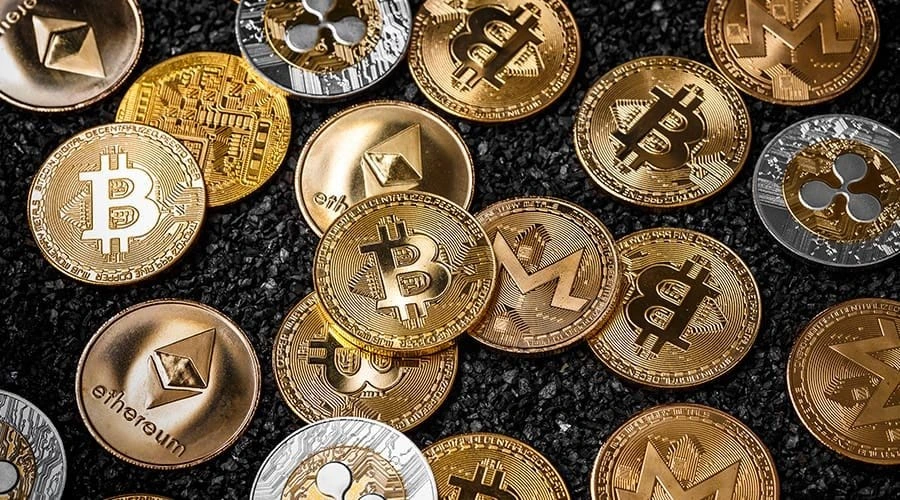PROTECT YOUR DNA WITH QUANTUM TECHNOLOGY
Orgo-Life the new way to the future Advertising by Adpathway(Analysis) Brazil’s government and Congress are locked in a public fight over a tax on financial transactions, called the IOF, that has shaken the country’s economic plans and created uncertainty for businesses and investors.
In May 2025, President Lula’s administration raised the IOF tax on credit, foreign exchange, and insurance transactions. The government said this move would help fill a budget gap and fund social programs.
Officials expected the higher IOF to bring in up to R$61.5 ($11) billion by 2026. The changes took effect immediately, impacting banks, companies, and anyone using credit or sending money abroad.
But the tax increase did not last long. On June 19, Brazil’s Lower House voted 383 to 98 to overturn the IOF hike. Even parties that supported the government joined the opposition.
The Senate then held a symbolic vote to confirm the decision. Lawmakers argued that the tax would hurt businesses and ordinary people, and some said it was pushed through without enough discussion.
 Brazil’s IOF Tax U-Turn: Political Showdown Puts Fiscal Plans and Business on Edge. (Photo Internet reproduction)
Brazil’s IOF Tax U-Turn: Political Showdown Puts Fiscal Plans and Business on Edge. (Photo Internet reproduction)The government’s plan to tax new sectors, like agribusiness, real estate, and fintech, also faced strong resistance in Congress. The government responded by saying Congress had overstepped its authority, since the executive branch usually controls financial transaction taxes.
Officials are now considering a legal challenge in the Supreme Court. Finance Minister Fernando Haddad admitted that the decision to raise taxes on overseas investments was reversed after facing criticism.
IOF Tax Battle Exposes Brazil’s Political and Economic Divide
Brazil’s central bank was among the critics, expressing concern about scaring off foreign investors. Without the IOF revenue, the government may need to cut as much as R$12 billion in spending to meet its budget targets.
This could affect popular programs like Bolsa Família and Minha Casa, Minha Vida. At the same time, Lula’s plan to raise the income tax exemption to R$5,000 per month is now in doubt, since Congress is less willing to approve new taxes to offset the lost revenue.
This episode has exposed deep divisions between the government and Congress. Lawmakers accuse the administration of ignoring their concerns and acting without enough transparency.
Government leaders, in turn, say powerful business lobbies influenced the vote and that the tax was needed to avoid cutting social programs. For businesses and investors, the sudden policy changes and political fighting mean more uncertainty.
The government’s original plan to gradually reduce the IOF to zero by 2029, in line with international standards, is now on hold. Many companies and banks must quickly adapt to new rules, while investors worry about the risks of holding Brazilian assets.
Brazil’s IOF tax battle shows how political tension can disrupt economic policy and create challenges for everyone involved. The outcome will shape Brazil’s fiscal future and its ability to balance social needs with market stability.


 1 week ago
5
1 week ago
5










 English (US) ·
English (US) ·  French (CA) ·
French (CA) ·  French (FR) ·
French (FR) ·